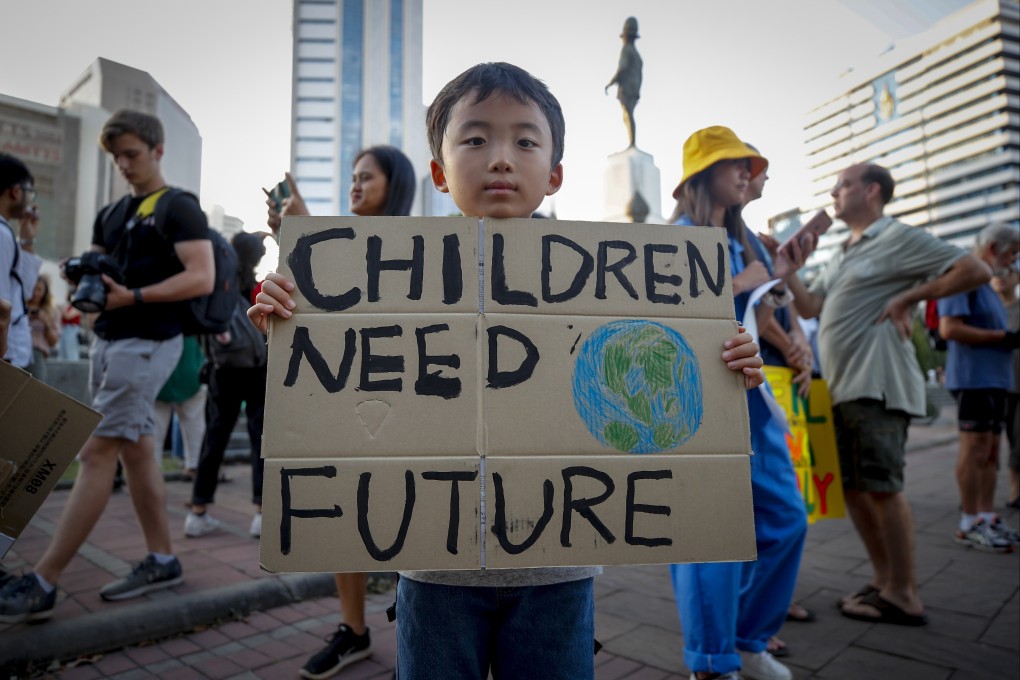Opinion | COP26: No more empty talk, we need climate change action
- Greta Thunberg says the young are sick of ‘blah blah blah’ and she’s right. The technology and know-how to tackle climate change already exist
- However, change cannot come without political will and public support, a crucial mindset barrier

Last week, Swedish climate activist Greta Thunberg threw down the gauntlet in her opening speech at the Youth4Climate summit in Milan: “We can no longer let the people in power decide what hope is. Hope is not passive. Hope is not blah blah blah. Hope is telling the truth. Hope is taking action”.
Climate activists like Thunberg are justifiably disillusioned. They feel betrayed by public leaders who repeat electoral promises that widen social inequalities, and leave growing debt and planetary damage for coming generations. They see businesses pushing planet-destroying consumerism.
More corporate leaders have moved from denial to greenwashing their corporate strategies through environmental, social and corporate governance (ESG) reporting. Funeral directors see calamities and deaths as profit opportunities.
